Books that Every Indian Must Read Recommended by J Sai Deepak
Here are one of the best reads from the j sai deepak these books are must-read for a person who try to understand the structure of India.

J Sai Deepak, an author, Hindu activist, and advocate, is turning out to be an internet sensation day by day. His podcasts reach up to Two Million views within a week. Once, he was asked in an interview the reason for his popularity, to which he replied that "the audience was just looking for people who could articulate their incentives and intuitive thoughts in a very lucid fashion and make it relatable to them as well as the detractors."
He has participated in certain landmark cases, such as the Sabarimala Ayyappa Temple, the Sri Padmanabhaswamy Temple, and Basmati Geographical Indications.
Apart from being an outstanding public speaker, he is a creative writer for leading newspapers and magazines. He is the author of two of his bestselling non-fiction books, India that is Bharat: Coloniality, Civilization, Constitution (2021) and India, Bharat and Pakistan.
He has recommended some intellectually rigorous and reliable sources every Indian must read once.
Author's And their Books Recommended by Him
He has recommended the names of specific authors instead of their books because, eventually, books present the author's vision regarding what the author wants to portray to the reader.
Swami Vivekananda's writings and speeches
Swami Vivekananda's books inspire a true feeling of Nationalism and Hinduism. Some of his books, like,
Vivekananda, a World Teacher
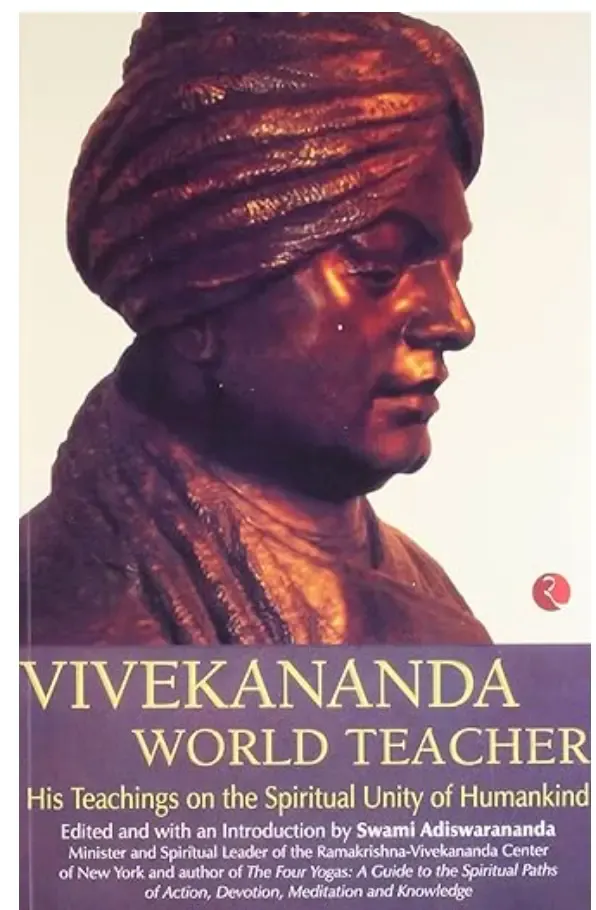
Presents an intimate portrait of his influential message of spiritual democracy, humanism, and world unity.
Karma Yoga
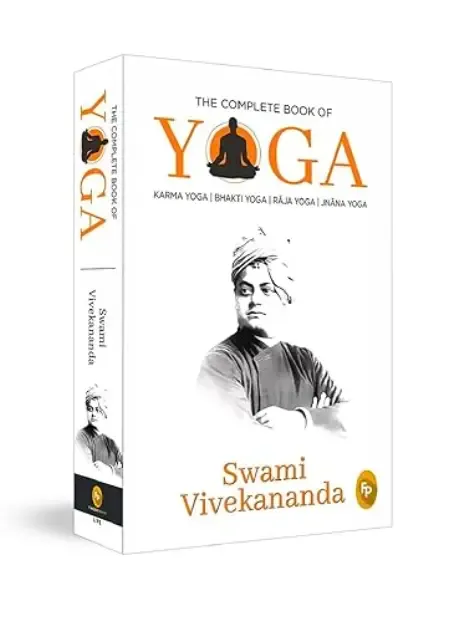
Karma yoga is an outlook for spiritual work and self-improvement. Vivekananda lays out the ultimate goal of humanity, which is knowledge. Every single thing we do produces an effect, which is karma.
He says that the grandest idea of the Vedanta is that we may reach the same goal in different ways. He classifies these ways into four categories, one being love, one being psychology, and the final one being knowledge. Karma Yoga can be summed up as working ceaselessly but without selfish motives.
Jana Yoga
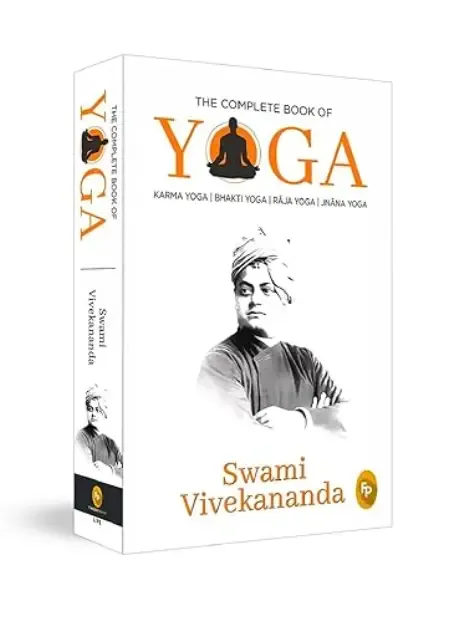
Jana presents the wisdom of the Vedas, Upanishads, and Bhagvat Gita in modern scientific terms. It provides an in-depth look at the four primary paths of yoga in Hinduism.
Vivekananda's speech on Hinduism in 1893 in Chicago, in which he spoke about tolerance and religious acceptance, propagated a message of universal brotherhood.
He introduced Hinduism to the Western world, the religion he said has taught the world acceptance and universal tolerance. You will learn about his principles, ideologies, Hinduism, Secularism, and many more by reading Vivekananda's books and listening to his speeches.
Pakistan or the Partition of India
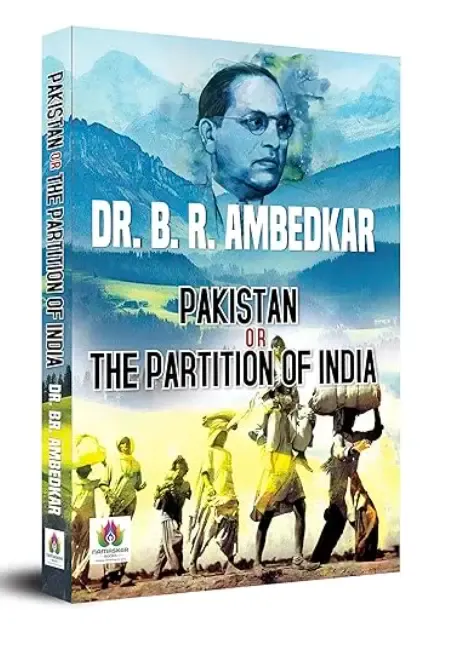
This book by BR Ambedkar, the father of our Indian Constitution, is one of the most epic books. It explains the role of the Congress party and the British Government in partitioning India.
In this book, Ambedkar argues that Gandhi's attempt at Hindu-Muslim unity for Twenty-Five years has faded. He published statistics from the Government of India to show that the 1920 and 1930s constituted the worst years for Hindu-Muslim communal violence in India.
The most controversial argument of Ambedkar is the one where it is aligned that Islam is a system of social self-government incompatible with local self-government. Ambedkar also claims that we Indians can't trust an army of Muslims with Muslim inventions. He gives examples of Turkey, Czechoslovakia, and other countries to show that different nations cannot co-exist in one.
Ambedkar supported the Two Nation Theory because, according to him, India would progress if only Mohammad Ali Jinnah got his Pakistan. After all, it would leave India as entirely a Hindu country. Readers will learn a different side of why partition was necessary for India socially and politically through this book.
India: What Can It Teach Us
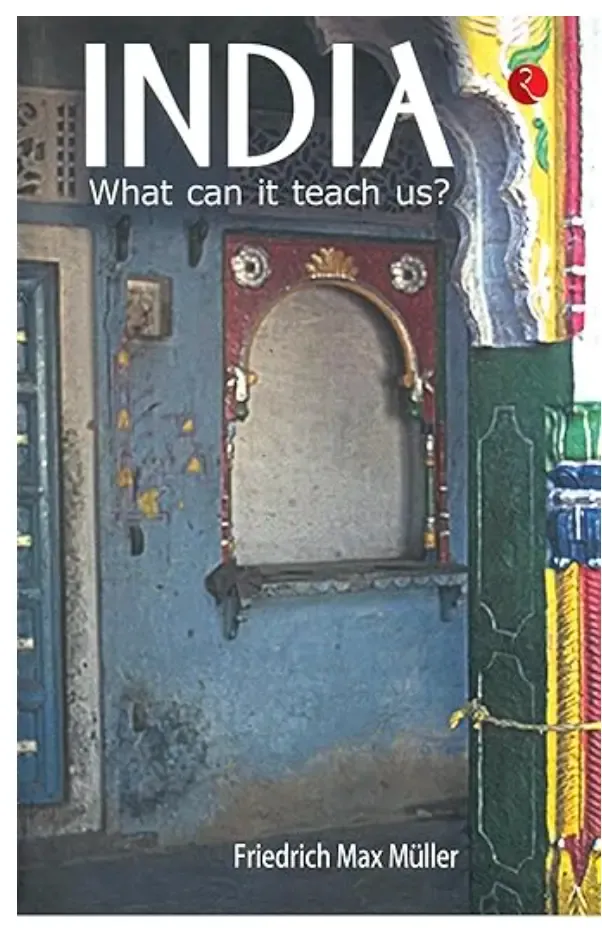
This book by Max Muller, a German-born philologist and Orientalist, is a collection of seven lectures at the Board of Historical Studies, Cambridge. In this book, Muller portrays Vedic India as an essence of ethicality and ingenuity. He explained in detail the Indian Vedas, Sanskrit, Indian culture and society, and the different types of languages that prevail in India very efficiently.
Why I am an Atheist
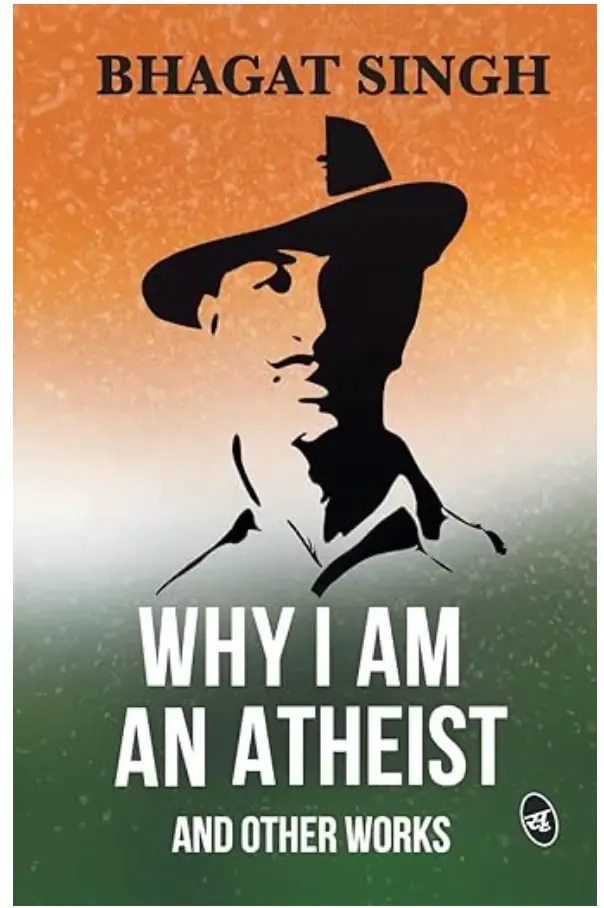
This book, written by Bhagat Singh in 1930, is a reply to one of his religious friends who accused him of becoming an atheist out of vanity or Pride. His atheism is not born out of arrogance but instead emerges as a deep-seated desire for Rationality and Truth. He skillfully uses references to Vedas, Upanishads, the Quran, the Bible, and the works of philosophers to boost his arguments.
He vehemently opposes the idea of divine rewards and punishments, emphasizing that he receives no consolation from God but strives for a society based on reason, equality, and freedom.
Despite facing an imminent death sentence, he fearlessly presents his atheistic beliefs unapologetically, challenging the deeply ingrained religious beliefs of his times. This book is a robust defense of his atheism and delves into nature, religion, culture, and a quest for a just and rational world.
The Hindu View of Life
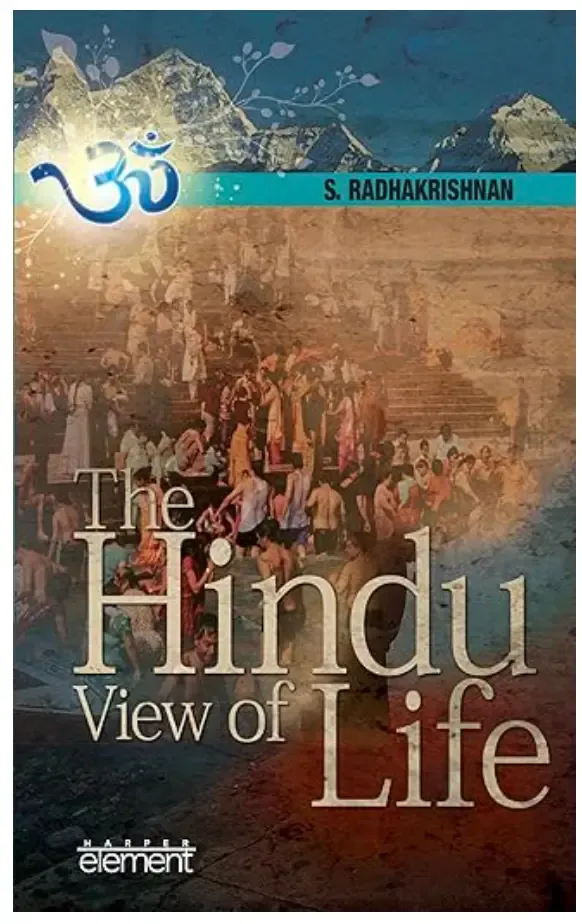
This book by Sarvepalli Radhakrishnan is about his analysis of fundamental concepts underlying the Hindu attitude to life. He defines Hindu culture against uninformed Western criticism and symbolizes that the Pride of India is in their tradition. Divine relation is not derogative of any religion or community.
It is available to all. He points out that Hinduism does not characterize ideas about God but recognizes that humanity seeks God at different levels and directions.
Radhakrishnan says that in Hinduism, temples and religious centers are places of worship or prayer for learning and service. This book makes the reader understand that in Hinduism, religious faith is not only a matter of blind acceptance. All things in the world are valuable as they contribute to realizing the self.
Conclusion
These authors and their books give vivid knowledge about India's cultural, social, and political scenario. Through this book, readers will learn about what it means to be spiritual. They will understand their religion in a better way. Also they will get the good insight of our country India.
These books are a must-read as they take one on a journey of self-discovery and existence.
Also read the following:
12 Best Books for Promoting Mental Peace: Feeding Your Mind and Discovering Inner Peace.
Best Fictional books you can read this year to light up your mood.
Best self development books with life changing advice.
Share and subscribe to the blog by email.




Comments ()